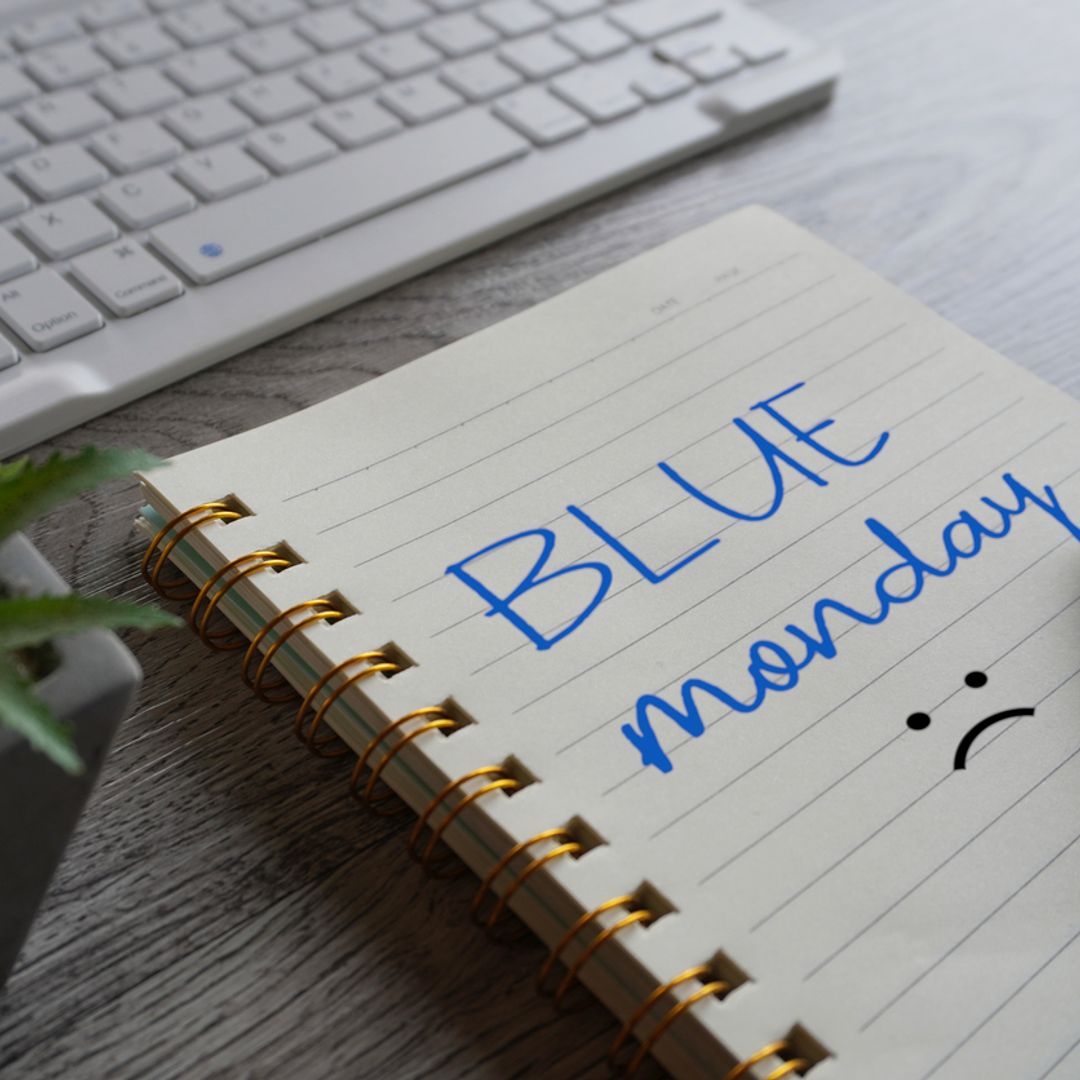How often do you sit down and take stock of all that you've achieved? Probably not as often as you think about what you'd like to achieve next.
Motivational speaker Vishen Lakhiani describes this as 'I’ll-be happy-when' syndrome. "Believing we don’t have enough blocks true fulfillment in our lives," he says. "'I’ll-be happy-when' syndrome is the idea that certain accomplishments lead to inevitable happiness. We’re told that happiness waits for us on the other side of our achievements, but when we get there, happiness still eludes us."
Vishen explains that while we may feel short bursts of happiness when get a new job or buy something we've been lusting after, but the novelty soon wears off, and we’re back to square one.
Here, Vishen, who founded personal growth transformation platform, Mindvalley, shares how we can stop postponing happiness once and for all.
How to stop postponing happiness
Close the forward gap
World-renowned entrepreneurial coach Dan Sullivan talks about the 'forward gap,' which refers to dissatisfaction.
We all experience the forward gap when our awareness focuses on the difference between where we are right now and where we want to be. We end up fixating on this gap, grasping at any chance to make it a bit narrower, believing we’ll be happy when we do.
The truth is you’ll never, ever be able to close it, because even if you do manage to hit your goals, before you know it the gap will be back and there will be something new you’ll be striving for. It’s a bottomless cup of desire we’re addicted to try and fill.
READ: Can good posture improve your mood? An expert explains
Embrace the reverse gap
Dan Sullivan suggested a simple flip of 'forward gap,' transforming it into the 'reverse gap.'
The reverse gap is the joy we get from recognising how far we’ve come. Embracing how far you’ve come is just as important as looking where you want to be. This is especially true if you’re goal-driven.
Once you start paying attention to where you’ve been rather than where you're going, reflecting on achievements, the happy memories you have and the deep relationships you have, you’ll change your life for the better. The one bulletproof medicine to help us stop postponing happiness is understanding the power of gratitude.
How gratitude can stop us postponing happiness
The biggest myth about gratitude is that your life needs to be perfect for you to feel it, but if you ask me, gratitude shines the brightest in the darkest times.
INSPIRATION: How to practice gratitude if you hate affirmations
The ability to stop amid pain and chaos and notice the value in a skill that will serve you your whole life.
Through the practice of gratitude, you’ll realise no matter how grim things may seem, there’s always something to be grateful for. For example, your last date ended badly, but you can be grateful that you never have to see them again and can enjoy the company of friends. Gratitude isn't about denying your shortcomings but how you can reframe them.
Feeling grateful every day isn’t dependent on huge wins, you can be just as grateful for the small things. It doesn’t particularly matter what you’re appreciating, but the focus should be on how much you’re feeling it.
When you practice gratitude, try not to just speed through the mental motions like a checklist instead, feel into every single memory with all your senses.
Gratitude and happiness
Gratitude is about wanting what you already have and celebrating it emotionally. It’s about being thankful for the blessings in your life and raising a glass to all the good things you’ve got going on.
DISCOVER: I'm a recovering pessimist – here's how I turned my life around
Although it’s tempting to follow the crowd and chase short-term hits of dopamine over cultivating true happiness, it’s worth the fight, because gratitude-induced well-being is the kind of happiness that has no if or when.
The 3x3 gratitude method
The 3x3 Gratitude Method sees you focus on three different aspects of your life and three things you’re grateful for within these categories. The three different aspects of your life are your personal life, your work life, and yourself.
Here is one example for each aspect:
PERSONAL LIFE
I’m truly grateful for the delicious cups of coffee my favourite café serves me each day
WORK-LIFE
I’m appreciative of my colleague [name] and how they always smile at me when I arrive at the office.
YOURSELF
I’m truly grateful for my unique talents, the languages I speak, and my ability to use my mind to its maximum potential.
When you write these down, try not to make a list. It’s not about the list itself, but about the feelings associated with each memory, person, or thing.
These are just some examples, but you can go wild here, as long as you cover all three bases, three times over. If you follow the 3x3 Gratitude Method, you can set yourself up for a gratitude session that will influence not only your upcoming day in a positive way but your entire life.
Find out more about Mindvalley HELLO!'s Happiness Hub for more inspiration on living a happier life











